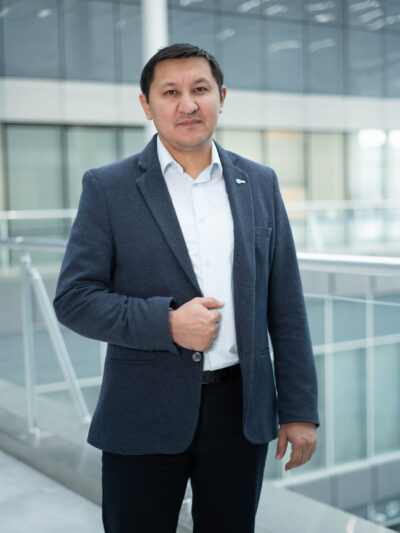In accordance with the Development Strategy of Astana IT University (AITU) for 2020-2025, the opening of the Digital Institute of Continuing Education (DICE) was planned in the Direction 1. Academic excellence in continuing IT education and high demand for graduates (Task 3. Creation of a system of continuing education). At the same time, by the decision of the General Meeting of Founders dated August 4, 2022, within the framework of the implementation of the Concept of Lifelong Learning (continuing education), approved by the Decree of the Government of the Republic of Kazakhstan dated July 8, 2021 No. 471 (with amendments. dated December 28, 2021, No. 944), a structural division of the DICE was created in AITU.
The main purpose of the creation of the DICE is the implementation of continuing education in the collaboration of formal and non–formal education at AITU. One of the key tools of the continuing education system will be mechanisms for recognizing the results of both non-formal education and skills and competencies of the previous level of education, as well as the procedure for confirming compliance and assigning qualifications. The creation of the DICE is aimed at implementing this idea in the IT sphere.


